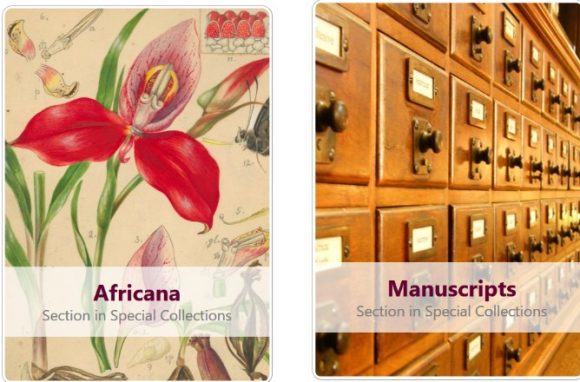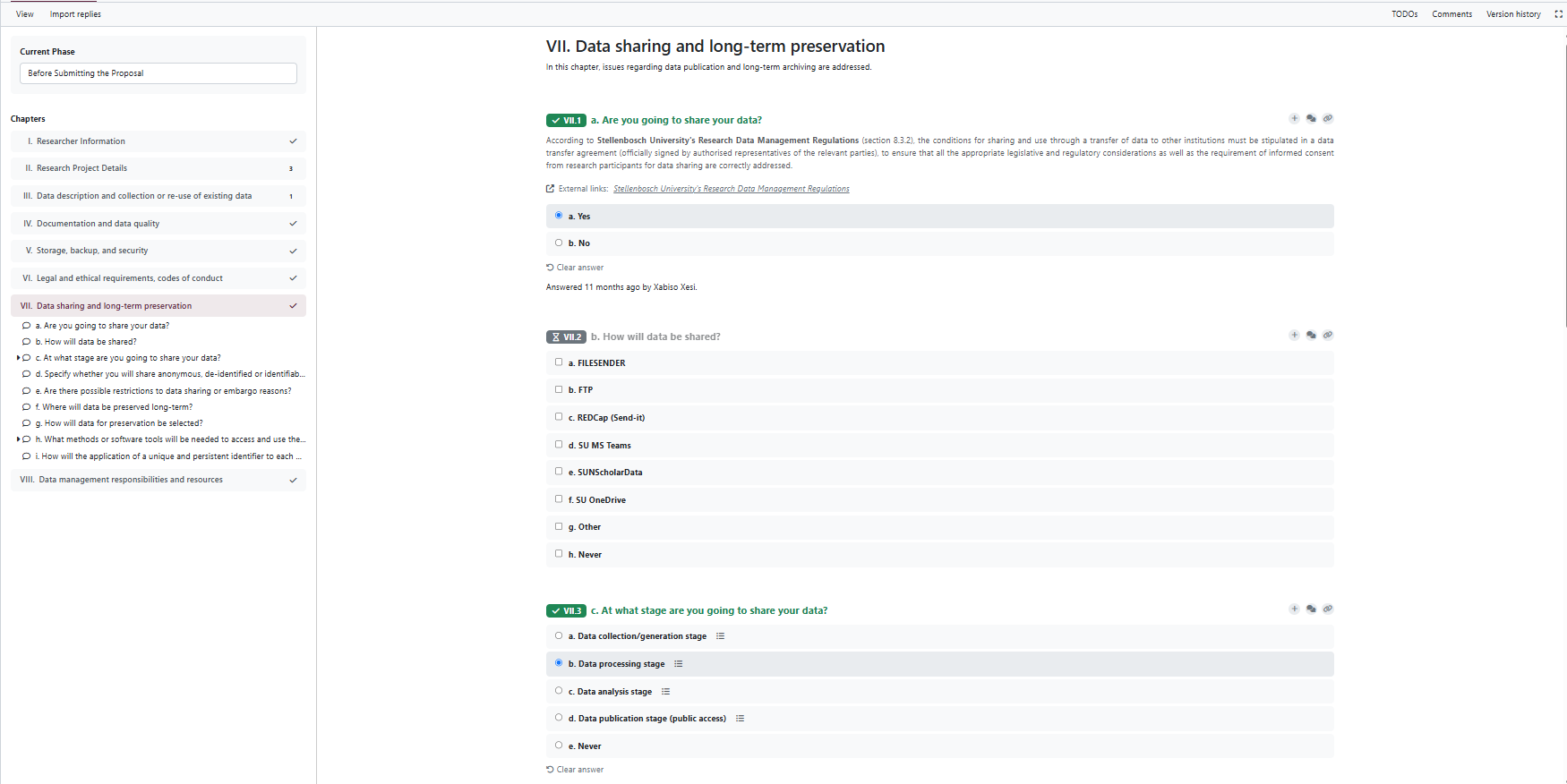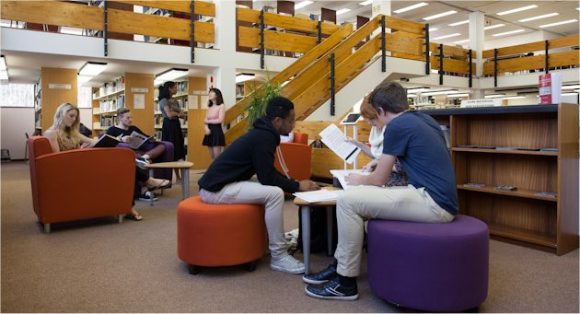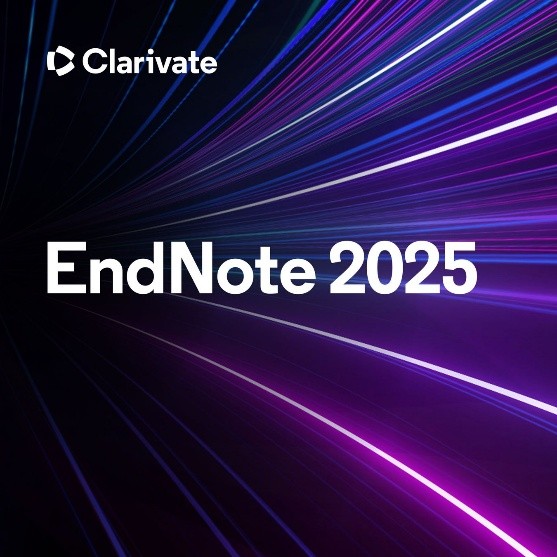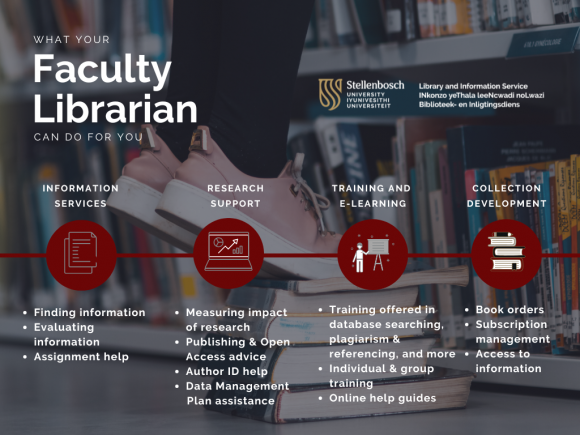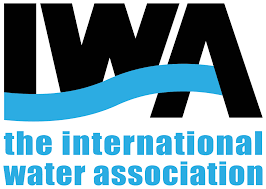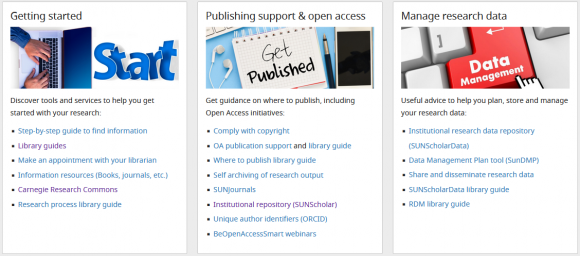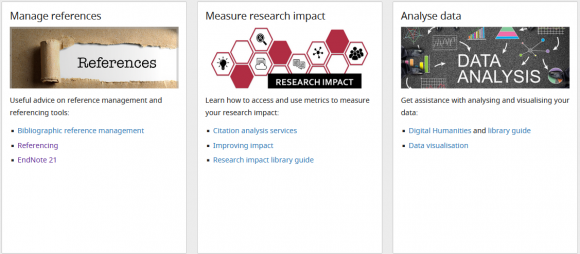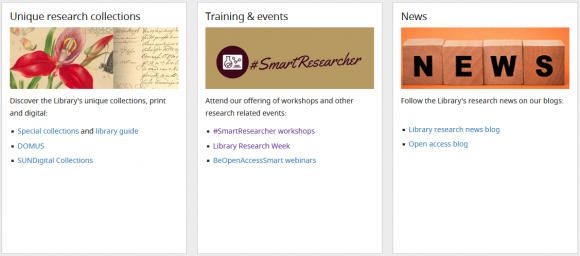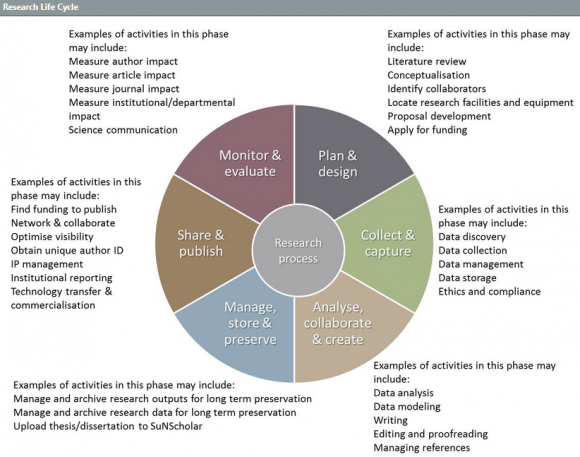Our Special Collections Divisions acquires, preserves and provides access to a substantial collection of rare and valuable books, primary documents and manuscripts that have been accumulated over many decades. Most of these collections are unique to Stellenbosch University’s Special Collections and are not available anywhere else in the world. They serve as valuable resources for documenting the cultural heritage of local, national, and international significance. These collections play a vital role in enhancing the University’s research impact, often being consulted by researchers when producing books, book chapters, journal articles, conference papers, and other scholarly outputs. Every year, the Library compiles a list of research outputs that were informed by Special Collections, including Manuscripts, Rare Books, Africana, and collections in the Documentation Centre for Music (DOMUS) in the Music Library.
The publications and the collections consulted in 2024 are listed below:
Articles
Bangani, S. 2024. Leveraging community engagement to contribute to Sustainable Development Goals 8 and 11. IFLA Journal, 50(3), 451-462. https://doi.org/10.1177/03400352241263533
(Africana, Manuscripts: various collections)
Lambrechts, L, Lindström, K, Hansen Van der Watt, L-M, Pitta, F, Deane, N, Moreschi, B & Petersen, L. 2024. Decay without mourning: Future-thinking heritage practices. International Journal of Heritage Studies:1-18. https://doi.org/10.1080/13527258.2024.2417062
(DOMUS: Hidden Years Music Archive Project [HYMAP])
Ncume, PS. 2024. Stellenbosch University Library exhibition celebrates 30 years of democracy. Liasa-In-Touch, 25(3):25.
(Manuscripts: various SA political collections)
Book
Cleophas, F. 2024. Physical education and physical culture in South Africa, 1837-1966. Cham: Springer International Publishing.
(Africana)
Conference presentations
Gollom, Ingrid. 2024. An overview of the life and career of South African concert pianist Lionel Charles Bowman (1919-2006) as compiled from the primary source material in the Lionel Bowman collection. Annual Congress, International Association of Music Libraries Archives and Documentation Centres (IAML), Department of Music, Stellenbosch University, 23-28 June.
(DOMUS: Lionel Bowman Collection)
Khati, Patricia. 2024. Preservation of Special Collections material at Stellenbosch University Library and Information Service. Bi-Centenary Conference on Preservation of Knowledge and Documentary Heritage, Thaba Bosiu Cultural Village, Maseru, Lesotho, 22-24 August.
(Manuscripts: various collections)
Lambrechts, L & Van der Want, S. 2024. Life in the archive: Investigating growth and decay in the Hidden Years Music Archive. 18th annual SASRIM Conference, Department of Music, University of the Witwatersrand, 26-28 July.
(DOMUS: HYMAP Collection)
Lambrechts, L & Van der Want, S. 2024. Making the invisible visible: Investigating the hidden life of fungi in the archive. Annual Congress, International Association of Music Libraries Archives and Documentation Centres (IAML), Department of Music, Stellenbosch University, 23-28 June.
(DOMUS: HYMAP Collection)
Röntsch, M. 2024. Persona and the archive: Reconsidering the Christopher James Biography Project. 18th annual SASRIM Conference, Department of Music, University of the Witwatersrand, 26-28 July.
(DOMUS: Christopher James Collection)
Ncume, PS. 2024. Bringing the ‘hidden’ to the ‘public’: The case of Hidden Years Music Archive. Annual Congress, International Association of Music Libraries Archives and Documentation Centres (IAML), Department of Music, Stellenbosch University, 23-28 June.
(DOMUS: HYMAP Collection)
Theses and dissertations
Bergemann, Karl Jason. 2024. The Runaways: A study of enslaved, apprenticed and indentured labour flight at the Cape in the emancipation era, 1830-42. Unpublished Doctoral Dissertation. Stellenbosch: Stellenbosch University. [Online] Available https://scholar.sun.ac.za/server/api/core/bitstreams/10eddb3c-72ad-431b-b737-6defe0e179ed/content
(Africana, Rare Books)
Malan, Eon. 2024. Vir die Musiekleier / To the Director of Music: Bydraes tot navorsing van orrel- en kerkmusiek (1980-2020). Unpublished Masters thesis. Stellenbosch: Stellenbosch University [Online]. Available: https://scholar.sun.ac.za/handle/10019.1/130257
(DOMUS: SAKOV Collection)
Struwig, Mieke. 2024. An intellectual history of institutionalised music studies in South Africa. Unpublished Doctoral dissertation. Stellenbosch: Stellenbosch University [Online]. Available: https://scholar.sun.ac.za/handle/10019.1/130248
(DOMUS: Bernard van der Linde, SASRIM)
(Africana, Manuscripts: various collections – GG Cillié Jr, WJ du P Erlank, HB Thom)
Authors: Marieta Buys, Mimi Seyffert-Wirth
